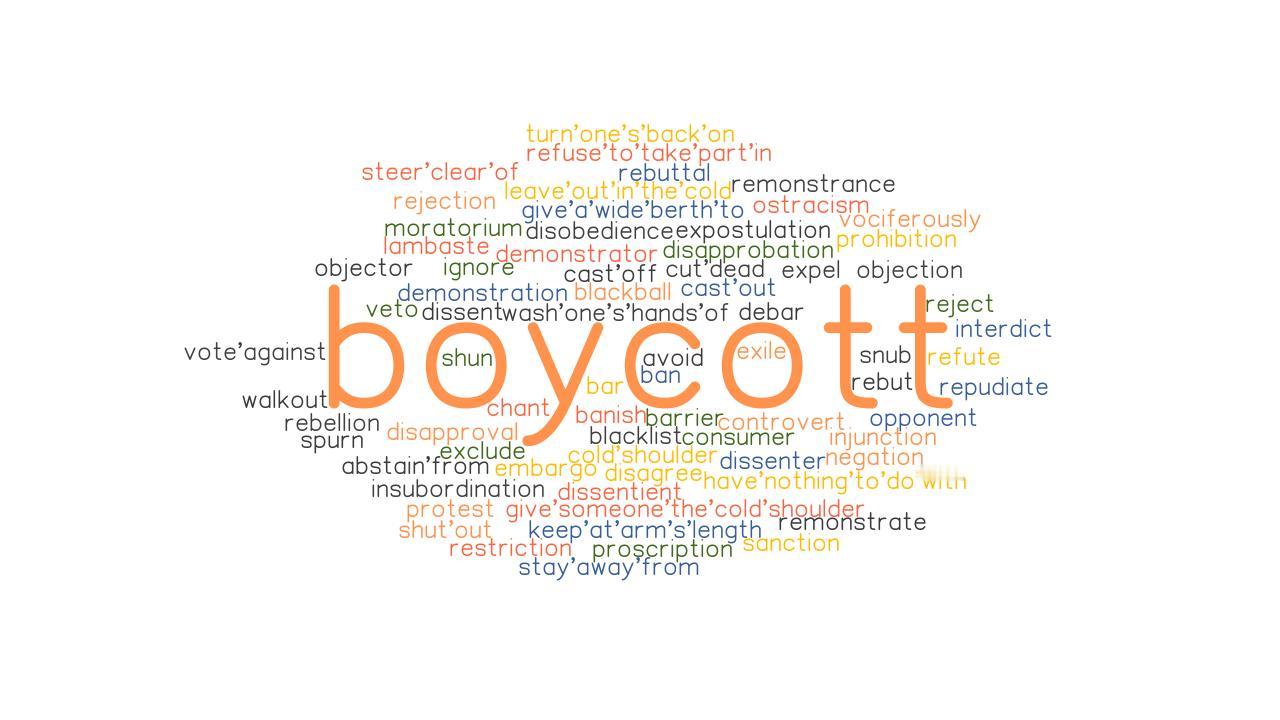boycott(抵制)一词的由来 很多英语单词都有其出处,boycott本来是一个姓氏“博伊科特”,由于下面的事件而成了一个英语的动词和名词,指“v.抵制,拒绝参加;n.抵制行动”。 The word “boycott” means to withhold relations on account of differences, collective ostracism. “boycott”的意思是因分歧而断绝关系,集体排斥。 A bad harvest hit the estates managed by retired British Army captain(上尉), Charles Cunningham Boycott(1832-97),in County Mayo, in Ireland. 在爱尔兰的梅奥郡,由退休的英国陆军上尉查尔斯·坎宁安·博伊科特(Charles Cunningham Boycott, 1832-97)管理的庄园遭遇歉收。 When the captain refused a request from tenant(租户) farmers to lower the rent by a quarter he became the focus of a campaign by nationalist leader Charles Stewart Pamell, who urged the tenants to refuse all communication with those who would not meet their demands. 当上尉拒绝佃农降低四分之一租金的要求时,他成为民族主义领袖查尔斯·斯图尔特·帕梅尔(Charles Stewart Pamell)发起的一场运动的焦点。帕梅尔敦促佃农拒绝与那些不满足他们要求的人进行任何沟通。 Boycott had to seek help from the army to harvest the crops and left Ireland indignantly(愤怒地;愤慨地) the following year. 博伊科特不得不向军队寻求帮助来收割庄稼,并在第二年愤怒地离开了爱尔兰。 The word ‘boycott' has entered other languages, for example, boycotter in French, boycottiren in German and boikottirovat in Russian. “抵制”一词已进入其他语言,例如,法语中的boycotter(抵制者),德语中的boycottiren(抵制者)和俄语中的boikottirovat。


